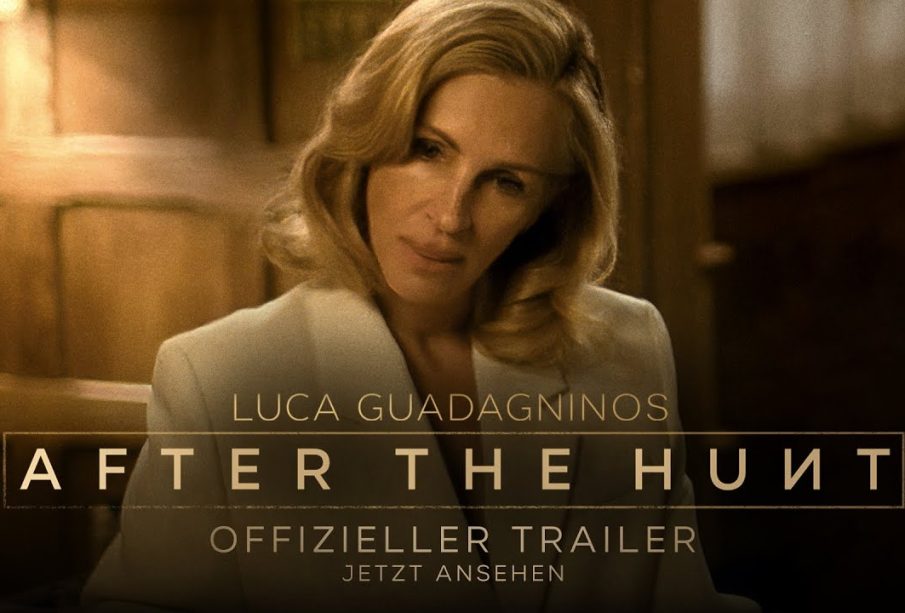After the Hunt: Ethical Considerations and Best Practices

Introduction
In recent years, the topic of hunting has become a focal point of environmental and ethical discussions. The killing of wildlife for sport or food can spark intense debates regarding conservation, animal rights, and the sustainable use of natural resources. Understanding what happens ‘after the hunt’ is crucial in assessing both the immediate and long-term impacts on ecosystems, local communities, and hunting practices themselves.
Consequences and Practices After the Hunt
The consequences of hunting stretch beyond the act itself. Responsible hunters are increasingly aware of the importance of ethical practices that encompass the entire process, from tracking and harvesting to processing and consumption of wildlife. After the hunt, hunters face critical decisions regarding how to utilize the animal they have harvested. Proper processing and waste minimization are vital to ensure that the animal’s life is honored and that its resources contribute positively to the community.
For instance, many hunters now engage in field-to-table practices, cherishing the sustenance they provide not only to their families but also to their communities. Some choose to donate meat to local food banks, helping those in need while also addressing the often overlooked theme of food security in discussions surrounding hunting.
Conservation and Education
Furthermore, ethical considerations do not stop after the hunt. Many organizations actively promote conservation education initiatives aimed at informing both hunters and the general public about wildlife management and the ecosystem. Activities such as habitat restoration, wildlife surveys, and community engagement projects become pillars of responsible hunting culture, demonstrating a commitment to preserving the very environments that sustain these species.
Forward-Looking Perspectives
As we look to the future, the relationship between hunting and conservation is likely to evolve further. With growing interest in wildlife preservation and sustainable practices, hunting organizations are expected to advocate for stricter regulations and better education for hunters. Additionally, engaging younger generations in responsible hunting practices can help foster a deeper understanding of ecological interconnectivity and biodiversity, encouraging a respectful approach to wildlife.
Conclusion
In conclusion, the discussions surrounding hunting and its aftermath reflect broader societal values regarding nature, conservation, and ethics. By focusing on practices that emphasize respect for wildlife and commitment to sustainability, hunters can contribute positively to their communities and ecosystems. As society continues to evolve, the principles applied ‘after the hunt’ will play a vital role in shaping the future of hunting and its implications for all species.









